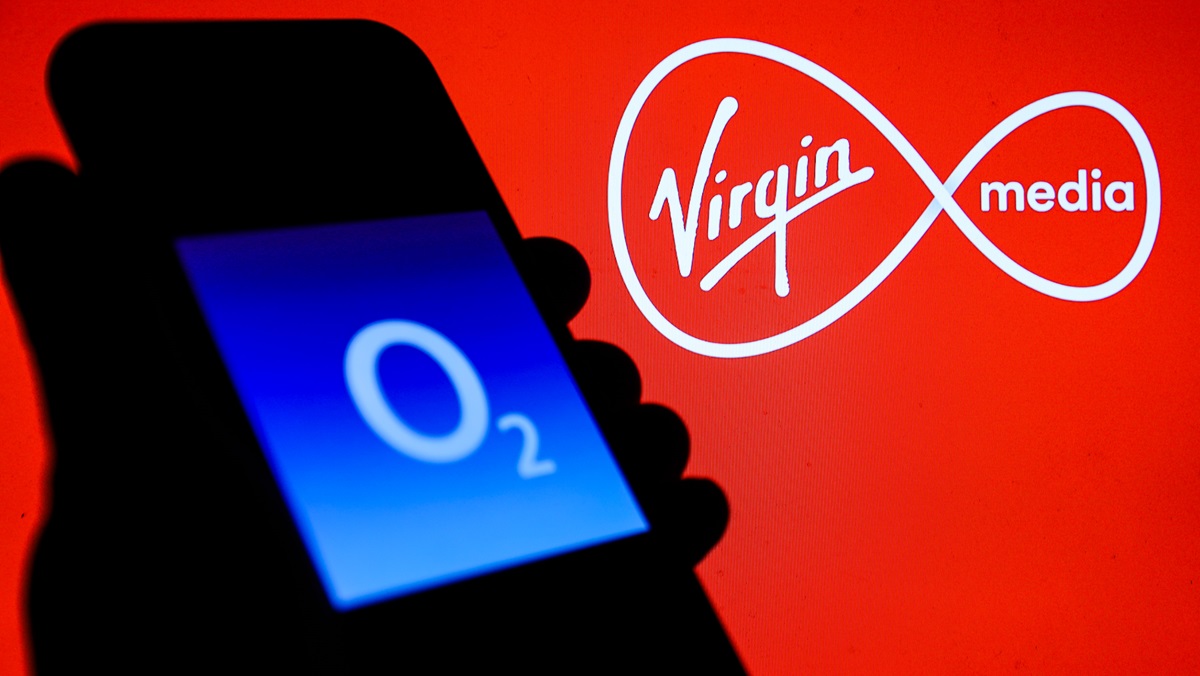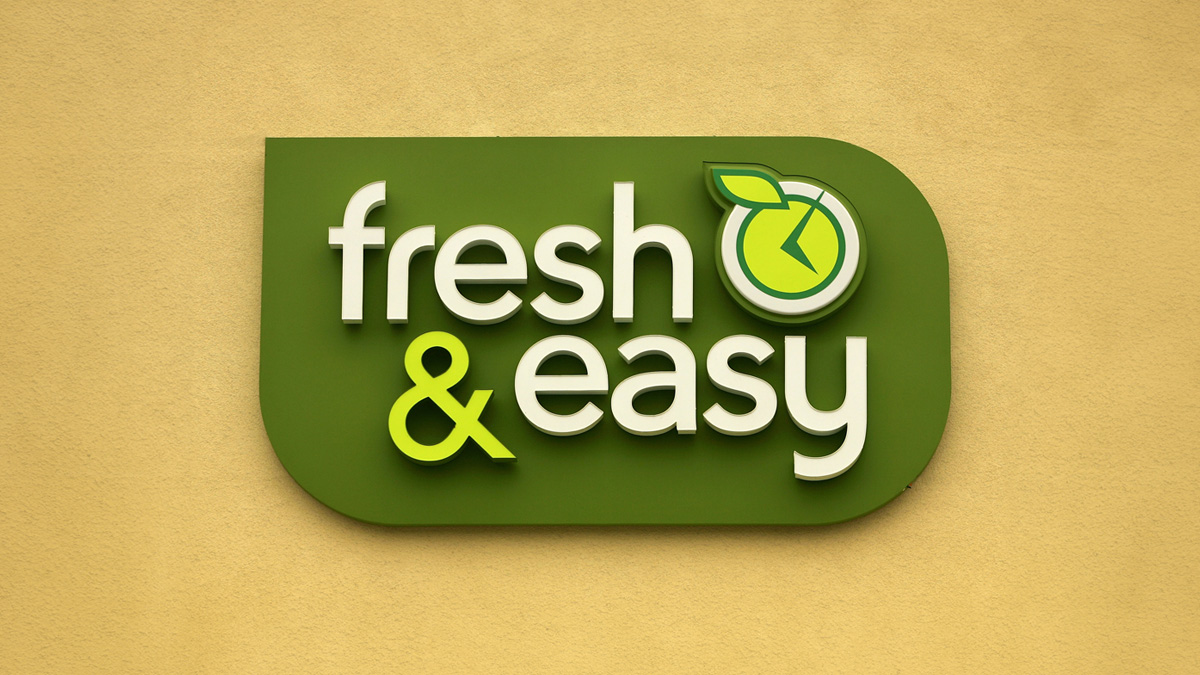The role of market research at Virgin Media O2
Virgin Media O2's head of research and insight discusses how the company uses customer insight and offers some advice for those starting out

Virgin Media O2 has a relatively mature market research function, using it across the business for everything from business strategy to benchmarking.
Here, its head of research and insights, Claire Rainey, explains the role market research plays at the company, how she ensures it has a strategic impact and why even for smaller businesses it is worth the investment.
How does Virgin Media O2 use market research?
Market research is used to help:
- Guide business decisions, set in customer needs with a quantified market opportunity.
- Provide a single company-wide view of who the target customers are.
- Benchmark and understand relevant positioning vs competitors.
- Determine business strategy and planning.
Its main role is to provide a “customer truth”, so we have a laser focus on why we do something, and who it is for.
What expertise in market research and insights do you have in-house and where do you use agencies?
We use a blend of in-house expertise and specialist agencies. We use a wide range of agencies, from one-person consultancies to some of the largest agencies around. We don’t have a one-size-fits-all approach – it’s about having the right agency for the specific work we need.
We carry out smaller or more tactical research ourselves. To do this – and ensure we are getting the right answers – the team is trained in questionnaire design or moderation, sampling and execution. I wouldn’t recommend doing this work in-house unless your team has the expertise or skills to do so.
We use agencies for larger pieces of work, such as pricing research or trackers. It’s worth building up a relationship with a few agencies so they understand your business sector and ways of working.
There are also a lot of freely available third-party data and articles online that can help businesses.
How do you measure the ROI on market research spend?
ROI depends on the size of the decision and business opportunity. The most important thing is to hone the business question or problem, which research and insight can support and then result in a strategic decision being taken.
This determines whether monetary investment in research is worth it. It’s very easy for business leaders to ask “nice to have/know” questions – these can take up a lot of time and resources, and yield nothing for the business.
Therefore, it’s critical to value the question – is it an investment decision in a new product line? If so – what is the size of the investment? If the decision is an initial scoping question, then we may cap the spend to a lower amount. Perhaps it is a marketing campaign – in which case it is worth thinking about the spend on the campaign and how much is worth investing in pre-testing to tweak and iterate. These changes, which we find through research, can determine a campaign’s success.
How do you communicate market research and insight results back to the wider company?
From the outset, you should know who the research is for and how it will be used. Research is pointless if it is being done without a clear use case.
The role of an insight manager is to understand the internal workings of the business and who to influence. You cannot take the research and simply debrief via email to your stakeholders. It needs to be embedded.
What one piece of advice would you offer a company getting started on its market research journey?
There is a lot of support available! The Market Research Society and Aura, a client-side body, offer a wealth of support and resources to members, as well as free online information. They are great places to share best practice, access very specific training and get suggestions for using agencies. It is worth the investment.



